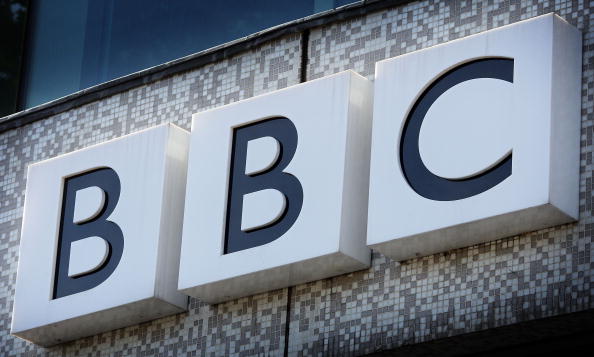BBC slashes nearly 400 jobs as licence fee squeeze continues

The BBC has slashed nearly 400 jobs from its world service division as the broadcaster feels the increasing pressure of the licence fee freeze.
The Beeb said it would be moving towards a “digital-first” strategy for the BBC World Service, cutting 382 posts in the process.
“Changing audience needs around the world – with more people accessing news digitally – go alongside a challenging financial climate,” it said in an announcement.
“High inflation, soaring costs, and a cash-flat Licence Fee settlement have led to tough choices across the BBC, and the BBC’s international services need to make a saving of £28.5m, as part of the wider £500m of annual savings and reinvestment to make the BBC digital-led.”
The proposals will see seven more language services moving to digital only, meaning that nearly half of all 41 language services will be digital only.
The BBC World Service will continue to operate in all the languages and countries where it is currently present. No language services will close.
However, some TV and radio programmes will stop under the new plans, as well as BBC Arabic and BBC Persian radio.
Director of BBC World Service Liliane Landor said: “There is a compelling case for expanding our digital services across the World Service in order to better serve and connect with our audiences.
The way audiences are accessing news and content is changing and the challenge of reaching and engaging people around the world with quality, trusted journalism is growing.”
However, the move has proven controversial.
“Today’s announcement is as a direct result of the government failing to fund the BBC properly. Let’s be clear, many of these services should be funded directly by the Foreign Office and not the BBC, as they were prior to 2011,” the National Union of Journalists’ national broadcasting organiser Paul Siegert said.
“There are direct benefits for the UK government through soft power and the influence it gets around the globe via the BBC World Service. The government needs to accept this and find the money to help fund the service before it’s too late.”
The union also flagged concerns that some of the language services currently based in London are closing and shifting to Asia, leading to more job losses for staff that cannot relocate.
“The BBC needs to reassure us they are committed to redeploying these journalists and that there will be no compulsory redundancies,” Siegert said.
As reported by City A.M. last month, BBC journalists were already weighing up strike action after the broadcaster announced plans to merge channels, BBC News and BBC World News.
Others also took to Twitter to question the move.
Director of Foreign Policy at Centre for European Reform Ian Bond tweeted:
Former BBC journalist Larry Madowo said he was “heartbroken” by the move.